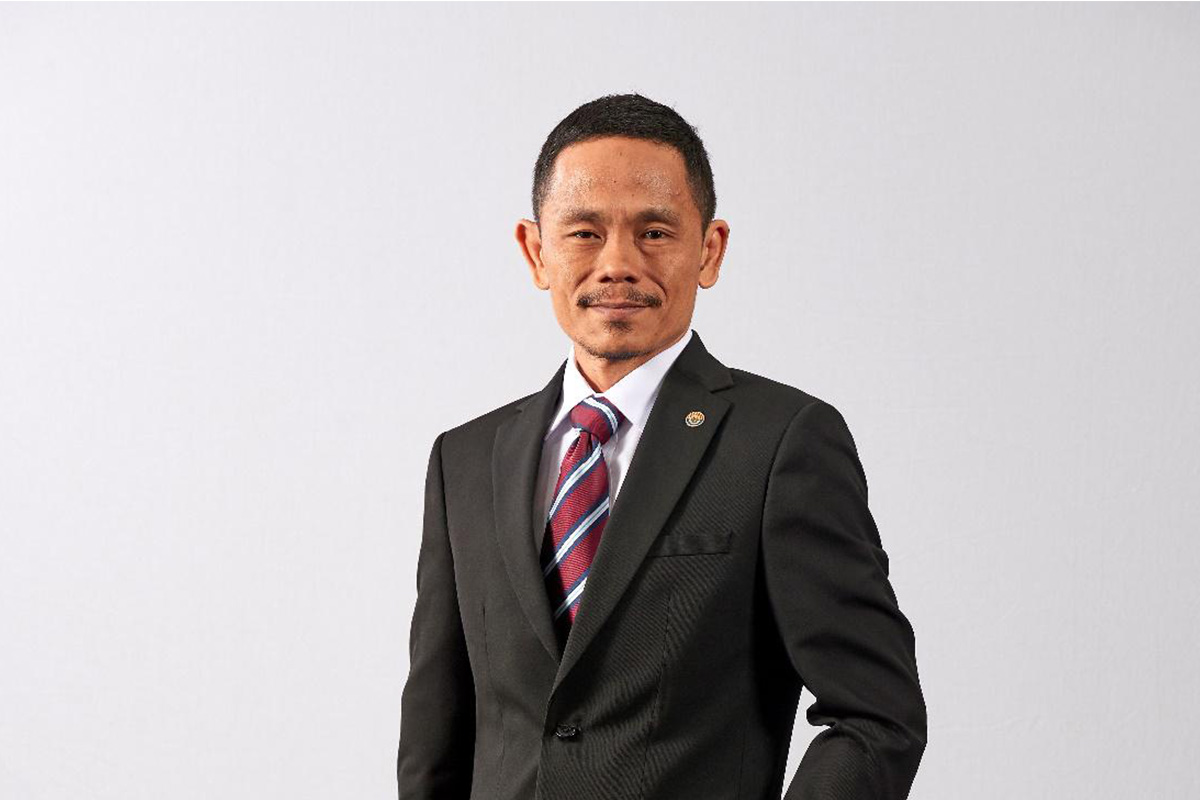
The Covid-19 pandemic has deepened inequality around the world, exacerbating what was already a global crisis. As the super-rich continued to experience gains in wealth and power during these turbulent times, inequality has pressured the livelihoods of lower earners, destroyed their retirement dreams and pushed many down the social mobility ladder.
Malaysia is no exception. From the rise in the Gini Coefficient to the jump in overall poverty numbers coupled with the fall in mean monthly household gross income — there is plenty of data to show that the great divide between the haves and have-nots has grown even wider than before.

The Employees Provident Fund (EPF) Chief Strategy Officer Nurhisham Hussein says this cannot continue. “We need an immediate and long-term solution to promote equity and inclusivity in our socio-economic landscape,” he says. “The pandemic has highlighted the dire importance of strengthening collaboration between all parties and fortifying the national social protection landscape.”
The need for a single integrated social registry
Malaysia already has a myriad of existing social protection programmes from direct cash assistance programmes to consumption subsidies. So how can it do better to improve the quality of life of its citizens? In a word: consolidation.
Nurhisham points out that during the pandemic, the government mobilised data from various sources for the deployment of supportive measures. For example, EPF’s database helped with the verification of recipients for Bantuan Kehilangan Pendapatan (BKP), SOCSO’s infrastructure laid the groundwork for the disbursement of wage subsidies, and Lembaga Hasil Dalam Negeri (LHDN) facilitated the distribution of cash assistance to eligible beneficiaries.
However, the utilisation of these various databases indicates a fragmented system. There is significant room for improvement as integration would make benefits delivery more efficient and seamless across agencies and organisations, instead of the current situation of separate databases intended for specific purposes.
Reforms to ensure no one is left behind
To coordinate social programmes for a holistic and integrated social protection agenda, the country already has the Malaysian Social Protection Council (MySPC) which the EPF is a part of. The best way moving forward, says Nurhisham, is for Malaysia to combine the registries and develop a single integrated social protection database.
This would be similar to the integrated social information systems that have been implemented in countries such as Chile and Turkey. Such systems can serve as powerful tools for assessing the “demand” for social programmes, monitoring and coordinating the “supply” of the said programmes, and assessing gaps and duplications in coverage of benefits and services.
He also suggests looking into developing a one-stop centre for registration, application, and eligibility checks for all social protection programmes. This would eliminate the frustration of navigating the bureaucracy of the different schemes as recipients would no longer have to present themselves at multiple different locations to apply for the available benefits nor having to repeatedly provide the same information and documentation.

Pushing for change for the betterment of Malaysians
For the EPF, the importance and urgency of addressing the current state of inequality cannot be overstated. Last month, it successfully held the International Social Wellbeing Conference 2021 (ISWC 2021). Themed ‘The New Narrative: Turning the Tide on Inequality’, the conference discussed the many facets of inequality, along with the development of the economy as a whole.
Speakers including Nobel prize-winning Joseph E. Stiglitz and ProtectHealth CEO Dato' Dr Anas Alam Faizli shared their stories and experiences to help Malaysians understand how evolving social protection policies are important in their lives. They also discussed the key role of public-private dynamics in promoting socio-economic development, touching on topics including financing social protection as an investment, not a cost; the importance of lifecycle approach and gendered risks in national policies; and Malaysia’s ageing phenomenon.
As for the EPF’s own members, the retirement fund has been putting in extensive efforts to implement Budget 2022 initiatives to enhance retirement savings adequacy for all through measures such as i-Saraan and Kasih Suri Keluarga Malaysia.
Moving forward, the EPF also recognises that it cannot stand still in the face of today’s challenges. “As the world is constantly evolving and progressing, it is critical for the EPF to change and transform to ensure it sustains relevancy, especially in providing social protection to our members and Malaysians in general,” says Nurhisham.
Among others, it aims to provide a holistic and dignified retirement for its members and to look out for all Malaysians, covering multiple categories of employment such as contract for services, the self-employed, the informal sector and even children. This redesign is aimed at helping its members achieve good health, prosperity in wealth, and a purposeful life.